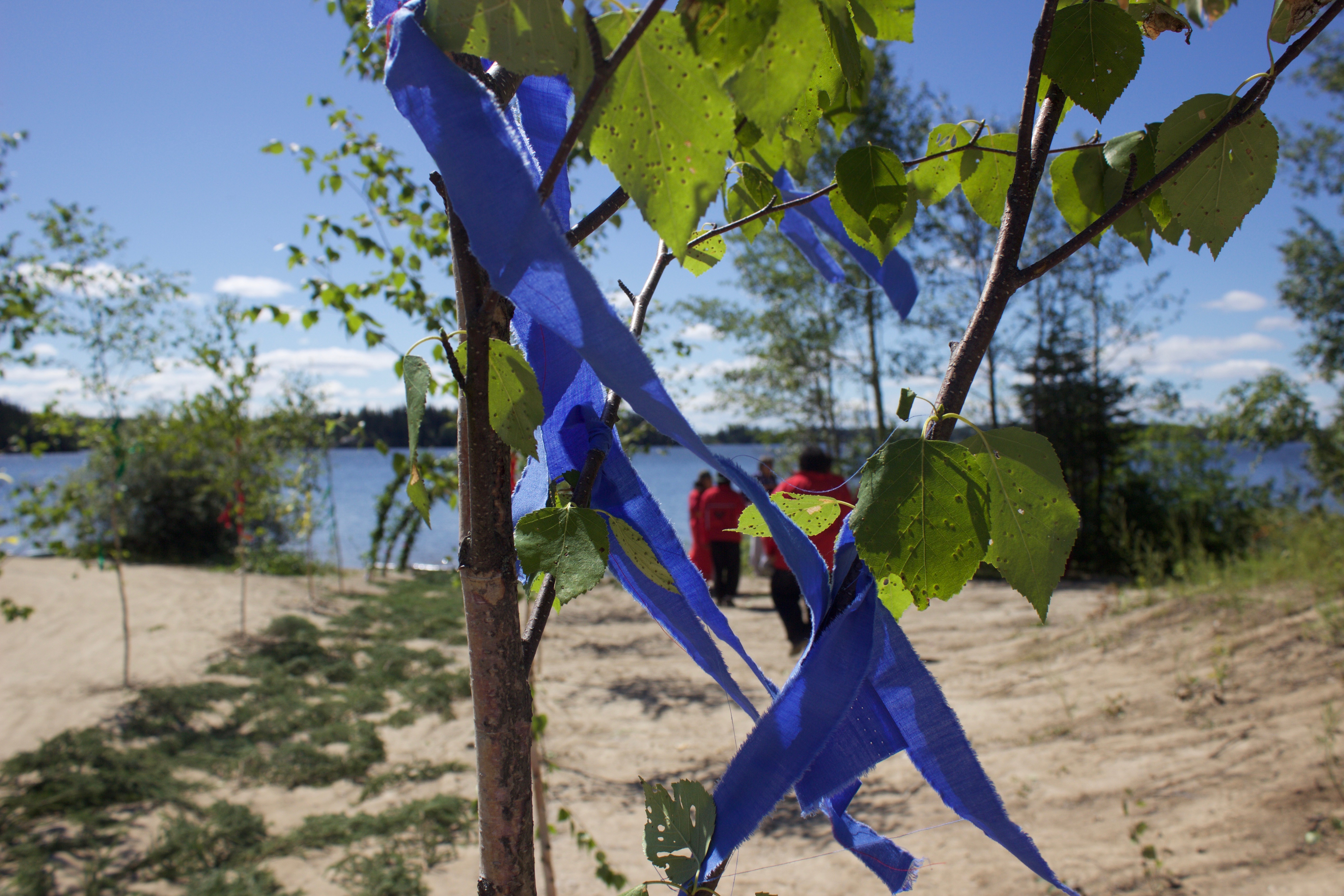
According to the most recent 2011 Canadian census report, the northern Manitoba reserve of St. Theresa Point contains 2,871 First Nations people. Ethnic and geographic separation from mainland Canada has positioned the small band of Oji-Cree into a precarious pressure point in Canadian politics. The threshold between tradition and modernity is dissolving.
With a majority youth population, demand for increased outreach and services, such as adequate housing and access to higher education, is shaping the conversations between band leaders, community members, and the broader Canadian political establishment.
The time-honored Western non-intervention policy for the small, fly-in reserve has allowed Oji-Cree culture to be transmitted with fewer external disturbances than mainland First Nations. Nevertheless, the treaty system and colonial contact has had an indelible impact on the rate of social and economic progress.
Today's Oji-Cree manage external threats to cultural survival by developing innovative ways to interact with their colonial legacy, creating a pluralism. Today's hybrid generation is a markedly distinct social group attempting to orient itself between conflicting systems of knowledge and identity.
Three hundred air miles from Winnipeg, today's Oji-Cree experience a sense of life off-reserve using emerging satellite communications. But restricted access to broader national resources, sources of entertainment, and tools for personal achievement and life outcomes require creative management solutions to social and economic problems.
As St. Theresa Point continues its turbulent reconstruction, faith and tradition become the only reliable stabilizers to defend against cultural disintegration.








